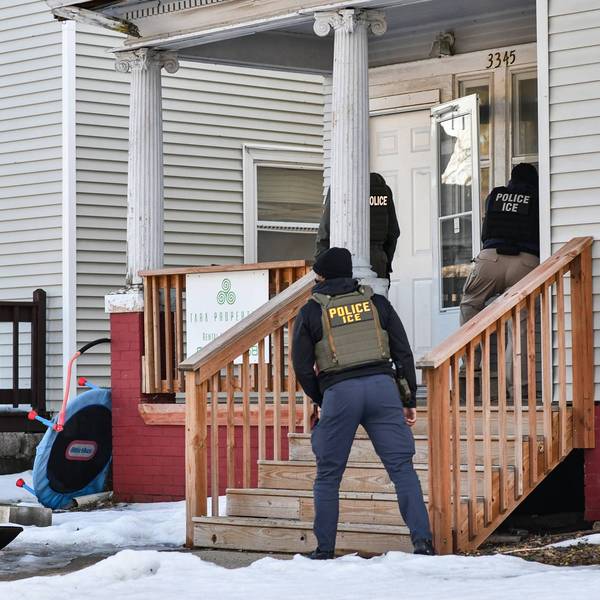There's an extremely important vote taking place in Congress Wednesday 24 July that, if successful, would shut down the program under which the NSA indiscriminately collects the phone records of literally every US citizen and resident. The bipartisan amendment, proposed by Representative Justin Amash (Republican, Michigan), would forbid the NSA from expending any of its funds on the bulk collection of Americans' records, including our phone records collected pursuant to the program revealed in June by this newspaper.
Under that program, the NSA has forced American telecommunications providers - like AT&T, Sprint and Verizon - to turn over details about every single call that every single American makes "on an ongoing daily basis". The program is not limited to suspected terrorists, foreign agents or even everyday criminals. The NSA is collecting everything.
Did you call someone today? If so, the NSA has a record of it.
Ending this egregious overreach by the NSA is critical, but it's even more significant than most people realize. Here's why.
The NSA's collection of our phone records is not an isolated program. It represents a truly radical shift in the way the intelligence agencies do business. The government's goal is not just to collect all of our phone records, but, as one former intelligence official admitted, to "collect it all".
The NSA's endgame can be seen in the legal justification it offers for the program now being debated by Congress. The NSA argues that its collection of every American's phone records is constitutional because the agency stores the records in a lockbox and looks at the records only if and when it has a reason to search them. In other words, it claims that the constitution is not concerned with the acquisition of our sensitive data, only with the later searching of it.
Did you call someone today? If so, the NSA has a record of it.
This is an extremely dangerous argument. For two centuries, American courts have taken the view that the constitution is concerned with the government's initial intrusion upon privacy, and not only with the later uses to which the government puts the information it has collected. That's why it is unconstitutional for the government, without a warrant, to seize your journal even if it never reads it; to record your phone call even if it never listens to it; or to videotape your bedroom activities even if it never presses play.
It is also the reason that the laws against wiretapping criminalize not only the use of our intercepted communications, but also their interception in the first place. Of course, the government's use of private information may aggravate the unlawful invasion of our privacy. But the constitution protects us from both.
This is as it should be. Even if the NSA isn't reading our every email or listening to our every call, knowing that an analyst might one day pull up our emails or web-browsing history for further scrutiny is chilling. Dissent and debate are stifled by the simple knowledge that our activities and communications are being recorded and archived.
But perhaps the most fundamental problem with the NSA's constitutional theory is that it has no limit. If the constitution is blind to the collection of our data and limits only the NSA's later uses of it, then the NSA truly can "collect it all" now and ask questions later. Our emails, phone calls and internet activities would all be very simple for the NSA to collect under the NSA's theory. But it could go much further. It could put video cameras on every street corner, it could install microphones in every home and it could even remotely copy the contents of every computer hard drive.
Some of this may sound far-fetched today, but the NSA's radical view of the constitution would, if accepted by Congress and the courts, fundamentally transform the relationship between citizen and government.
The vote in Congress Wednesday is an opportunity to reject that myopic view of our privacy rights. The amendment proposed by Congressman Amash wouldn't end all of the NSA's unconstitutional programs; but it would be a start, and it would be an important signal that Congress understands the implications of accepting the arguments that the NSA is now making.




